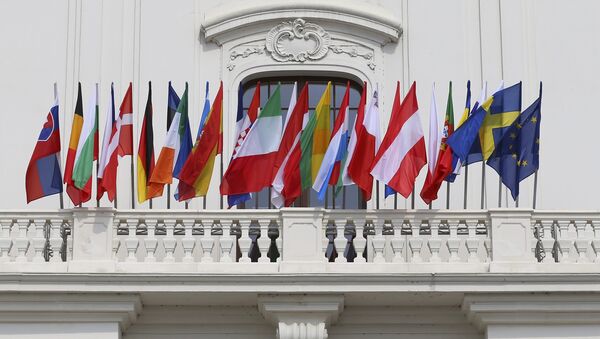Slovak Foreign Minister Miroslav Lajcak has resigned in response to the rejection of the migration pact. 90 MPs in the 150-seat National Council of Slovakia voted against the UN document, as they were concerned about the limits it could result in for maintaining an independent migration policy.
READ MORE: Poland Refuses to Sign UN Global Migration Pact
While Slovakia and many other countries rejected the pact, it was supported by the German Bundestag earlier on Thursday, with 372 parliamentarians voting in favour, 153 against, and 141 abstaining.
Influence of the Pact
According to Salvatore Villani, assistant professor of Public Economics at University of Naples Federico II, it was unnecessary for countries like Czech Republic or Slovakia to reject the document, which bears only a little force.
'I do not see significant consequences for the Czech Republic. The non-binding nature of this document greatly reduces its legal effectiveness. In no way the EU and the UN can force Slovakia to sign that document. The UN document is not legally binding and it does not force any country to do anything. Migration policies are still a sovereign right of each country. I think that soon the United Nations and all countries which have refused to join the Global Migration Compact will reach a political compromise,' he stated.
The scholar added that for Italy, it could be dangerous to accept the agreement.
'The Italian Government would risk losing control of its borders in favor of external agents operating a migration policy of "open borders" which conflicts with the orientation democratically expressed by Italian voters', he stated.




